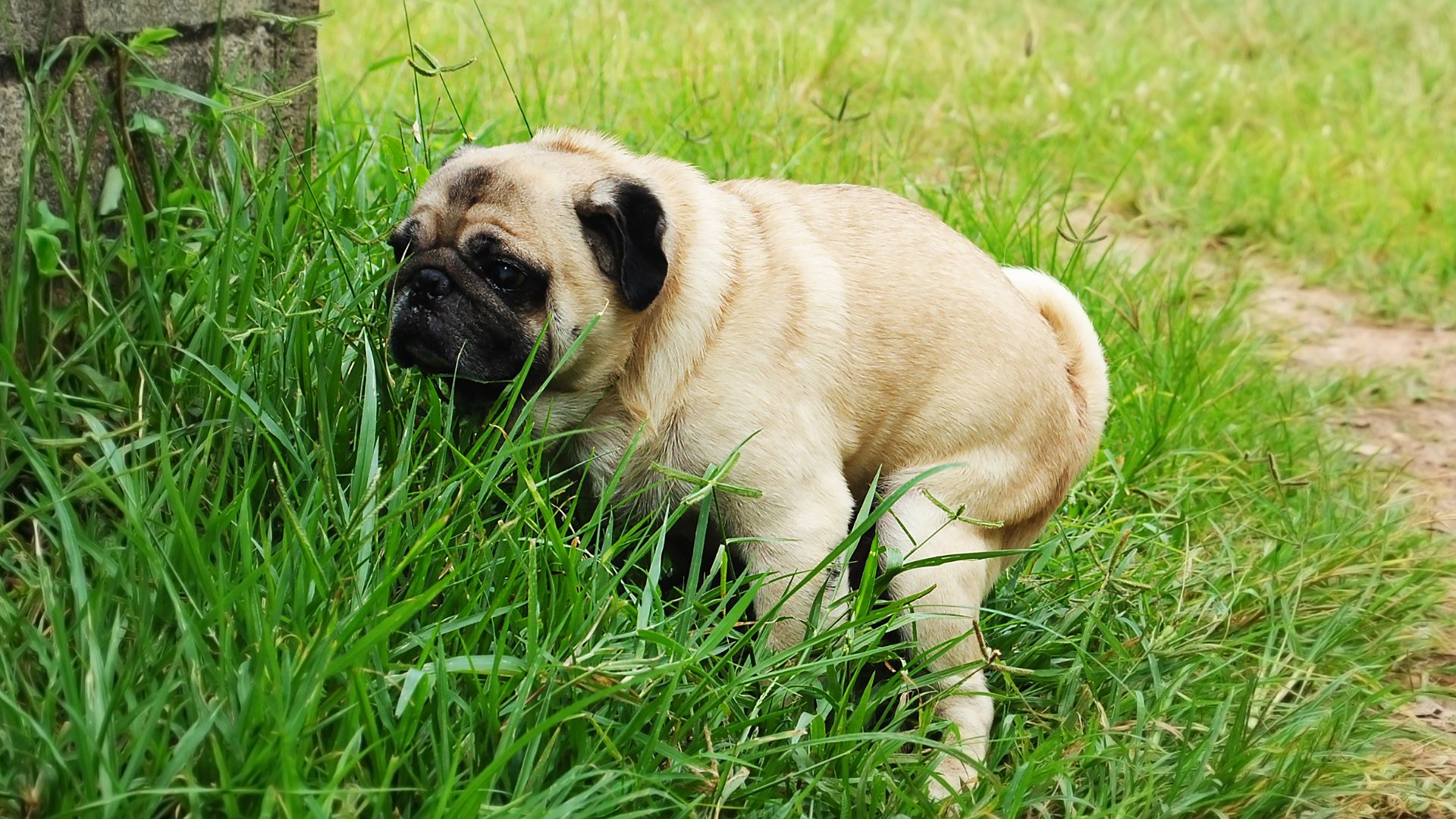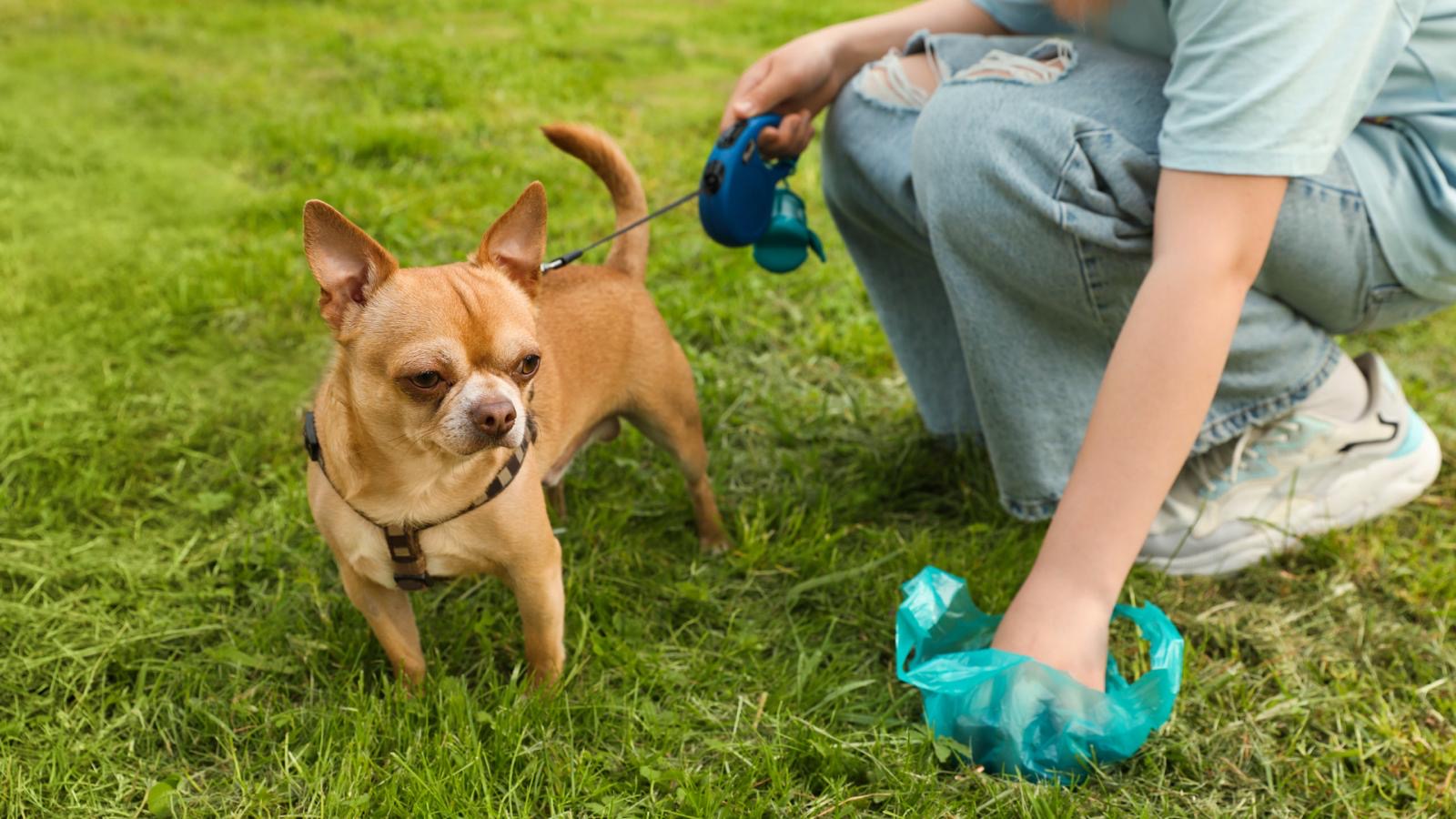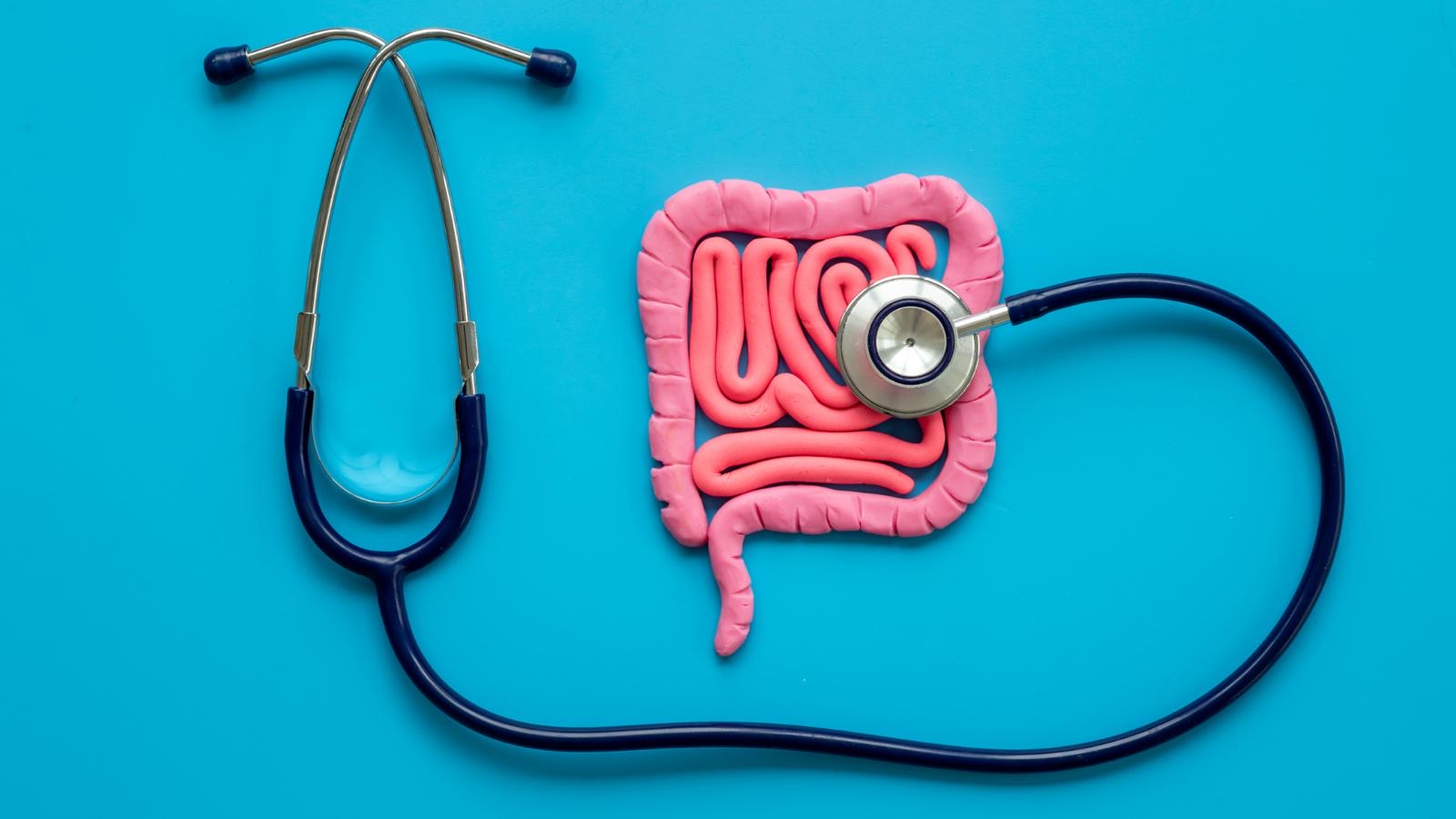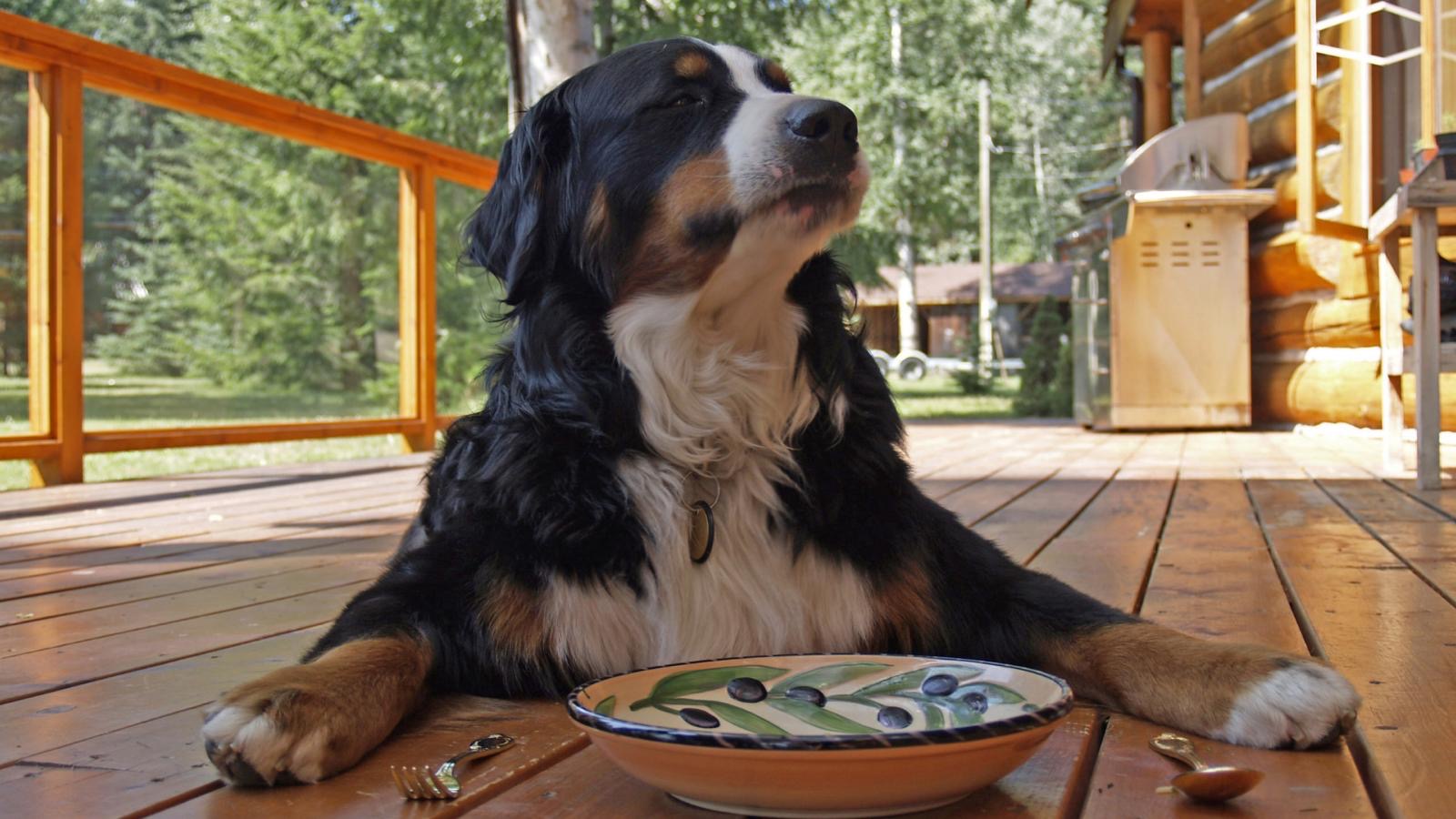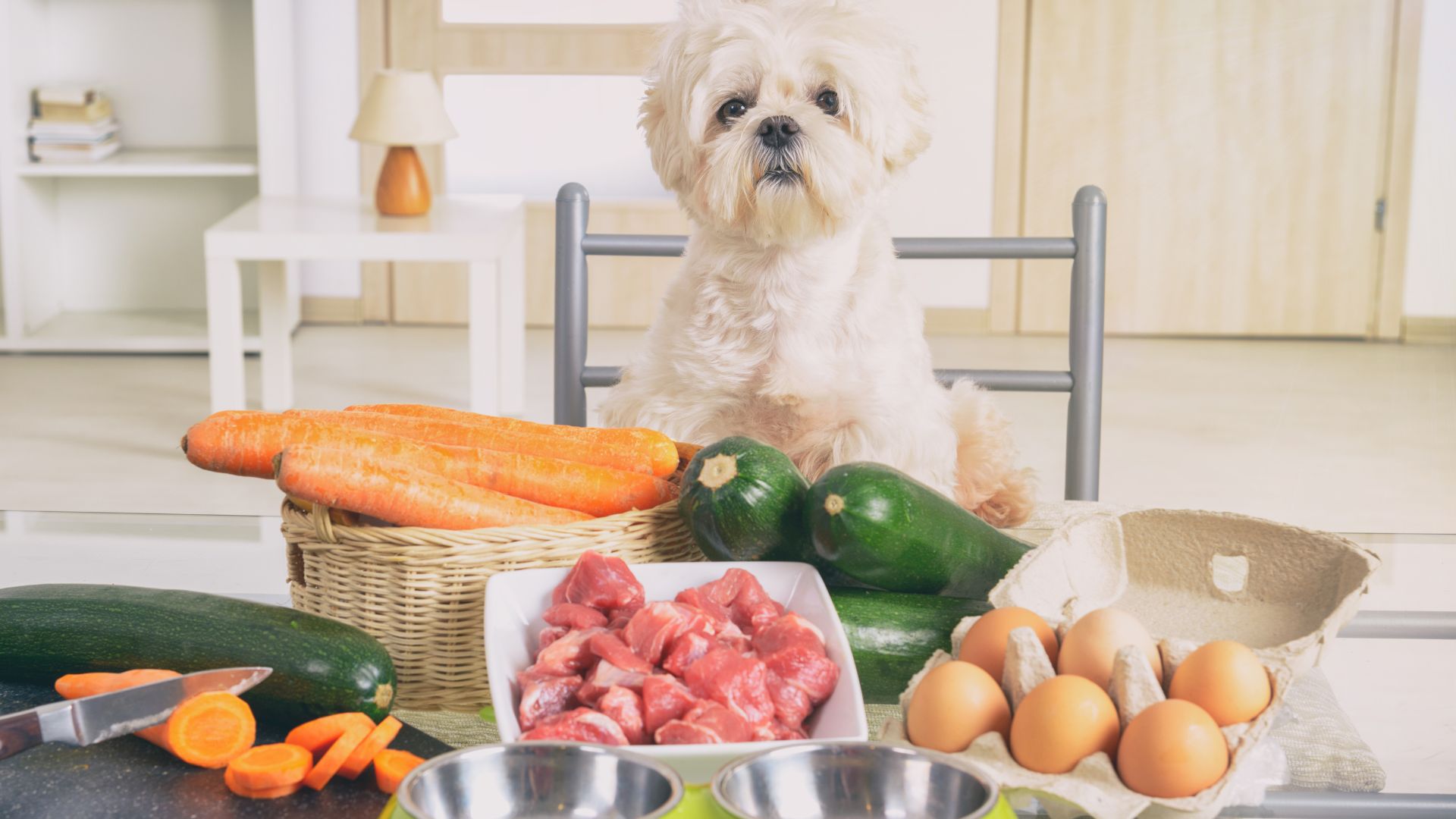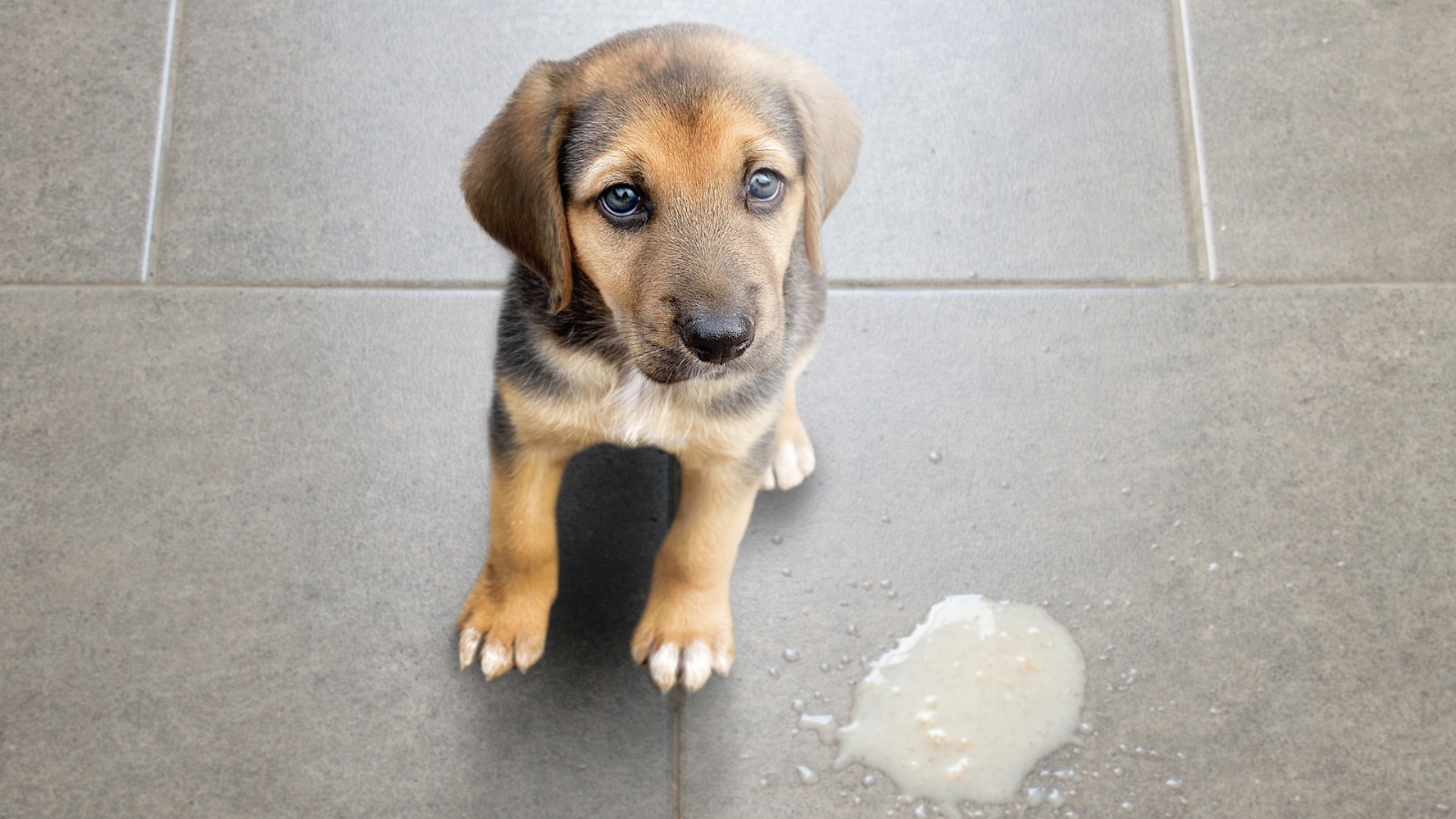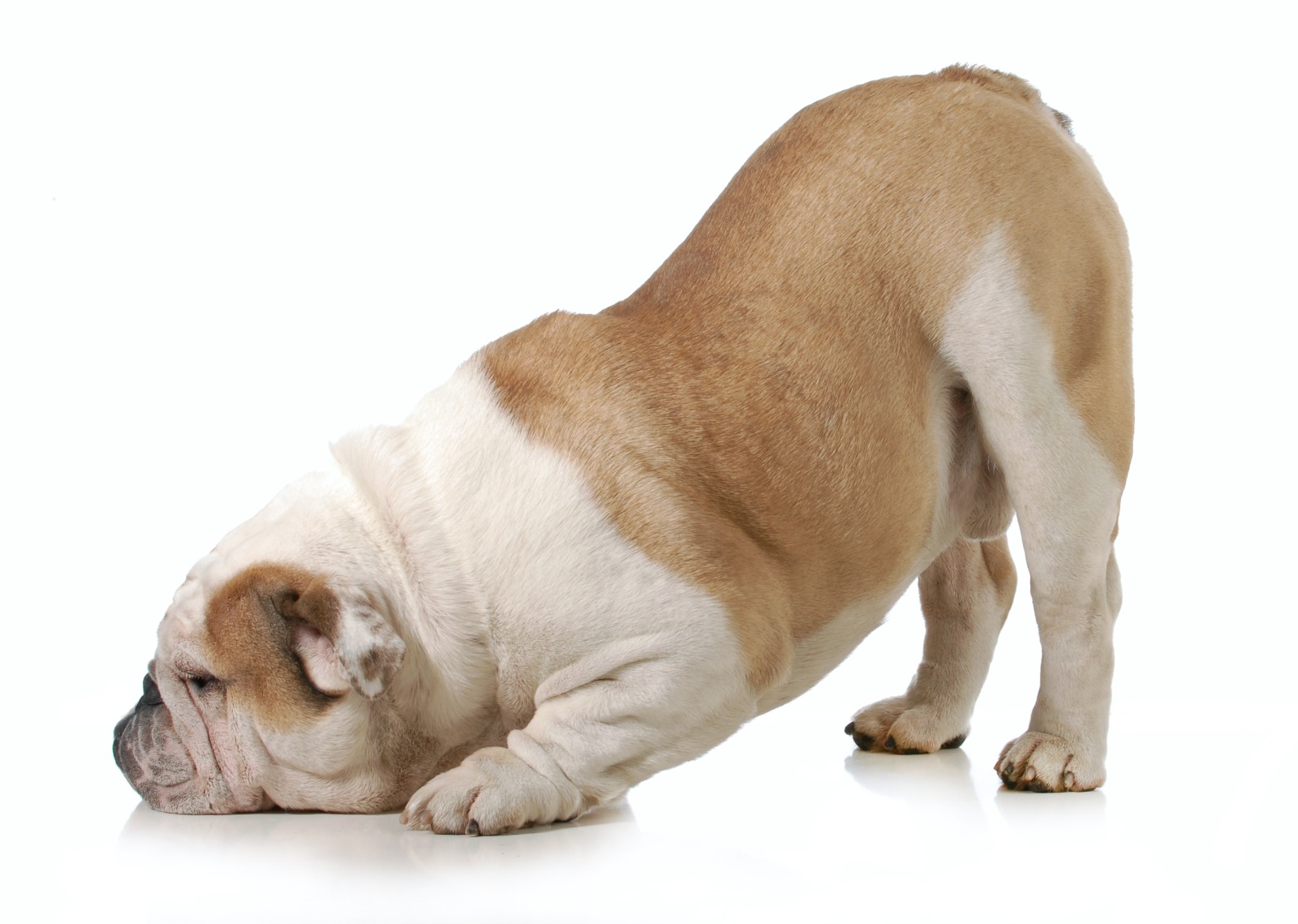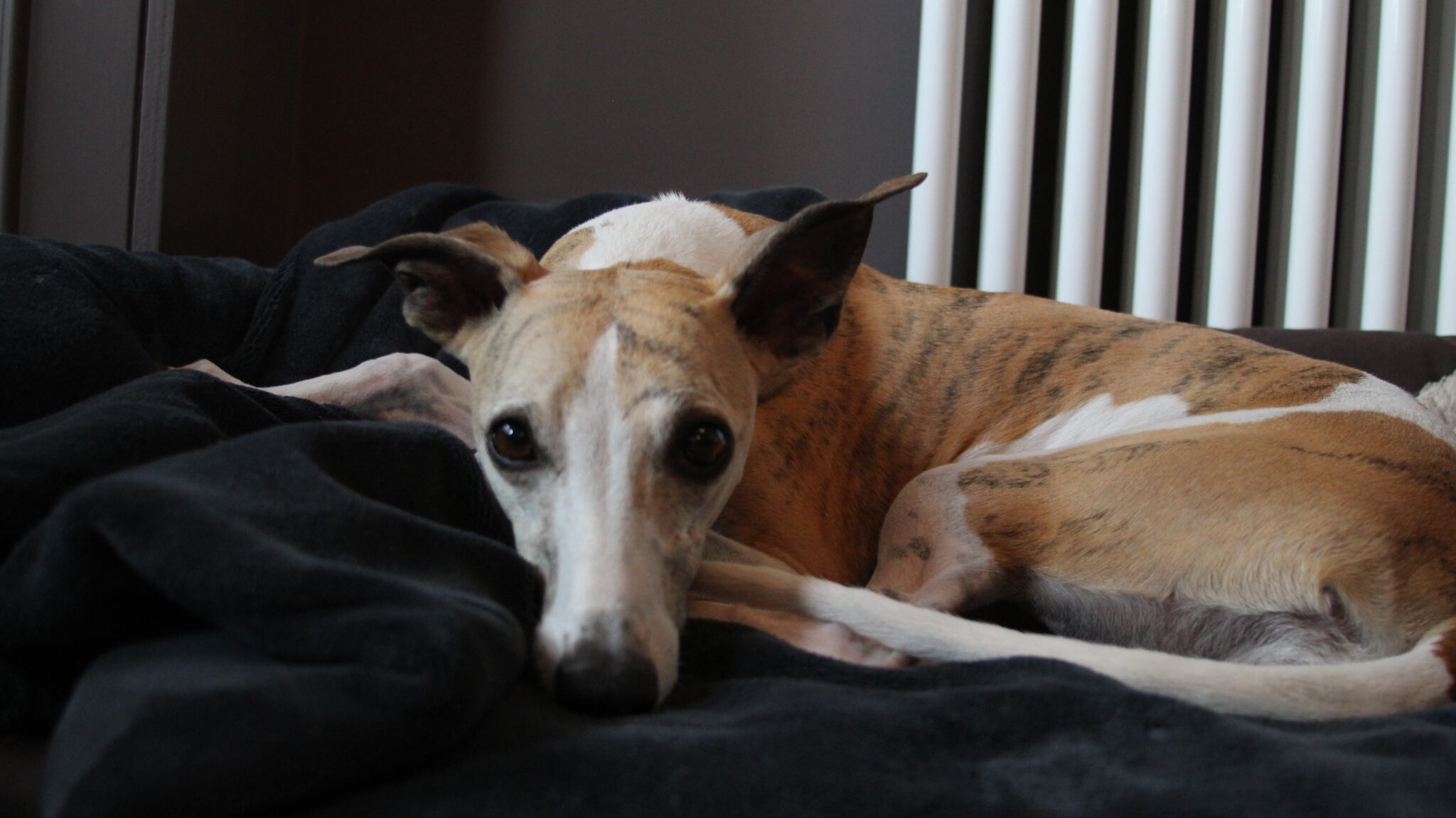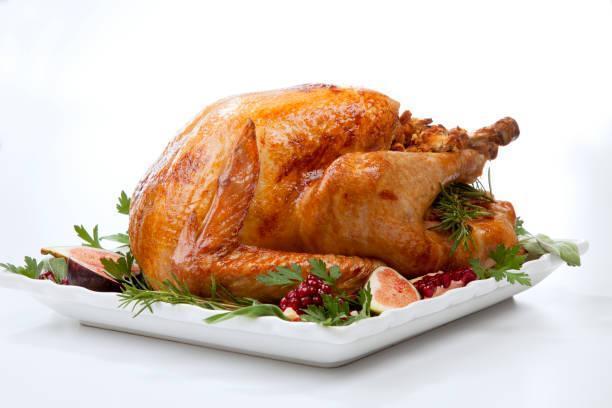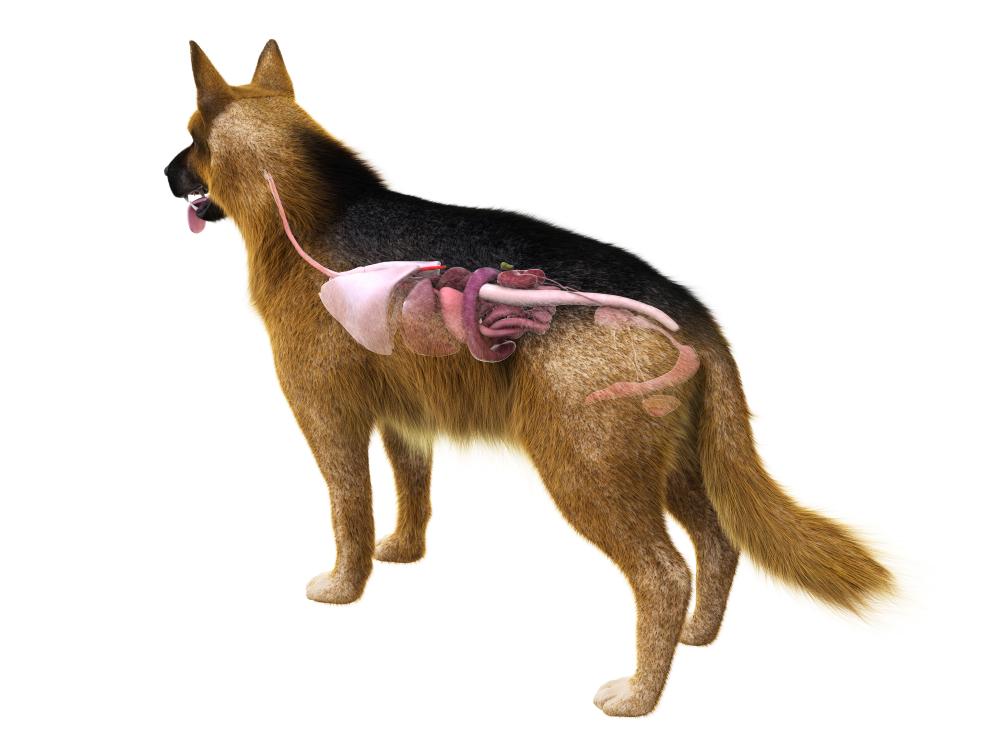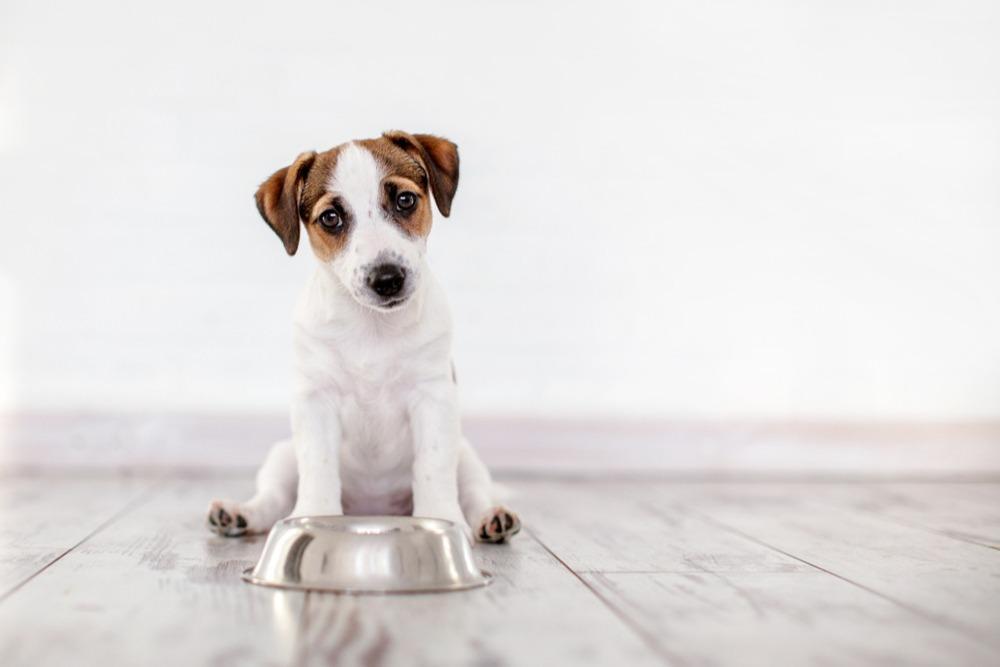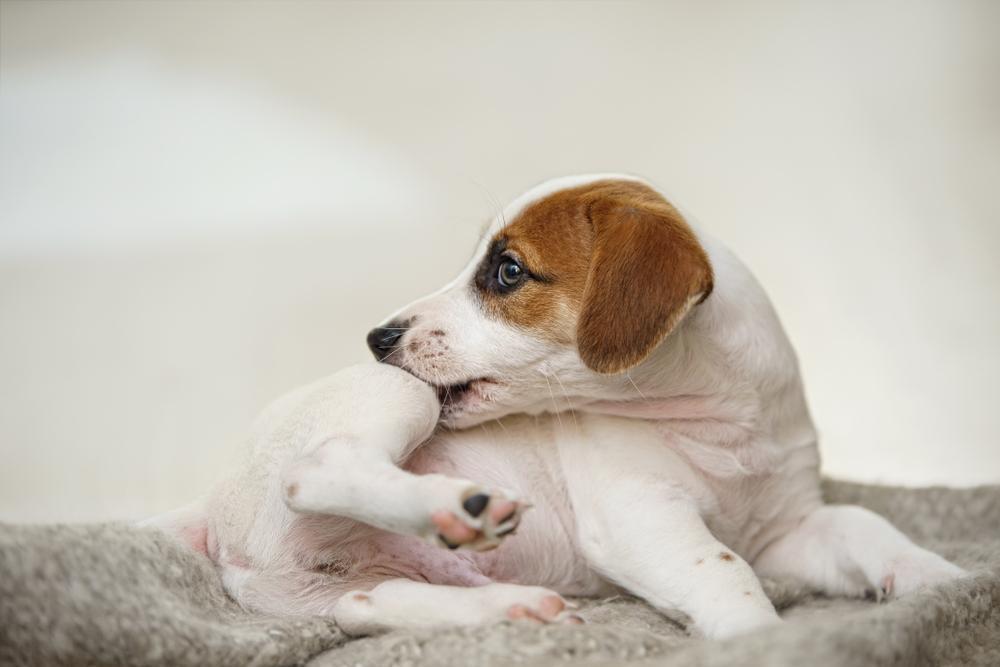There are so many reasons why your dog may have diarrhoea. At My Pet Nutritionist, we help lots of owners with dogs with frequent diarrhoea, and some common causes seem to come up more than others during client consultations. In this blog post, you will find information about the most common causes of diarrhoea in dogs.
Diarrhoea is generally a symptom of a physiological stressor; a huge amount of conditions come under this. This blog post only touches the most common reasons we see in practice, however the cause of diarrhoea is certainly nowhere near limited to these issues – seeking veterinary attention if your dog has recurring diarrhoea is essential, in order to rule out any longer term, or more serious health problems.
Parasitic Burdens
Parasitic burdens, whether they’re intestinal worms, or protozoan parasites like giardia, often cause diarrhoea; in fact, diarrhoea is one of the most common symptoms of parasitic burdens.
How do we know if our pets have parasitic burdens? So many pet parents are shocked when they’re informed their pet has parasites, purely on the basis that they cannot see them in the pet’s poop. Intestinal worms are only visible in the faeces if the burden is high. Diarrhoea can start to develop as soon as there are parasite eggs in the digestive tract – these are microscopic, so cannot be seen with the naked eye! Now, your veterinarian can run a faecal egg test, but you can also do these at home! There are various companies from whom you can order a sampling kit from. You simply follow the instructions, pop a poop sample in the provided pot, and pop it in the post back to the company you ordered from. Their laboratories will then look at your dog’s sample under the microscope, record the results, and return them via email.
Some companies include protozoan parasites as standard, but others require a separate test for these. Lungworm counts are separate sampling kits, and require a pooled sample over the course of 3 days. It’s advisable to test for intestinal worms every 3 months, and lungworm every 6 to 8 weeks.
Depending on the result of your wormcount, you may be able to treat it using GSE – we recommend the BioCare Grapefruit Extract. Heavier burdens may require veterinary intervention.
You can read more about internal parasites in our comprehensive blog post
here.
Findings Here
Findings Here
Food Sensitivities
Food sensitivities are an extremely common topic here at My Pet Nutritionist. We help a huge amount of owners overcome their pets’ dietary troubles when it comes to allergies and intolerances.
Food allergies are caused by a malfunction of the immune system, whereas food intolerances are usually down to poor gut health, especially in cases of Leaky Gut where the gut wall integrity is poor.
The gut microbiome is very fragile, and is ever so important for all round general health as 70-80% of the immune system resides in the gut. The microbiome as a whole, includes everything from good and bad bacteria, to parasites viruses etc, but a health gut microbiome is in perfect balance, where the ‘good guys’ out weigh the ‘bad guys’. When a dog has poor gut health, and in turn has food sensitivities, the ‘bad guys’ start to overrule the ‘good guys’, which then leads to diarrhoea.
In order to work on food sensitivities, and rule out problematic ingredients form your dog’s diet, it is advisable to run a full elimination diet, and carry out lots of gut work through the use of mucilage herbs and probiotics, which will help to heal the gut wall, and improve the amount of ‘good guys’ in the gut microbiome, ultimately reducing the risk of diarrhoea and possible bacterial infections. Our
Gut Guardian supplement is a high quality blend of mucilage herbs, soil based probiotics, and calming chamomile.
You can read more on running an elimination diet
here.
Findings Here
Findings Here
IBD and Lymphoplasmacytic Gastritis
Another common topic among our clients in their consultations with the team is IBD – Inflammatory Bowel Disease. An extreme case of IBD can be diagnosed as Lymphoplasmacytic Gastritis. Lymphoplasmacytic Gastritis is a chronic form of IBD, whereby inflammatory cells and cytokines (the substance which stimulates inflammation of cells) penetrate the stomach and intestinal lining. As you can imagine, when inflammatory cells enter the digestive system, it causes havoc! The inflammatory cells invade the stomach and intestinal lining due to having been subject to an abnormal immune response.
There is a huge link to the lymphatic system in the gut too; which means a knock on effect to the rest of the body is very likely. Lymphoplasmacytic Gastritis happens most commonly in older dogs, but has been known in dogs as young as 8 months old.
There are a number of causes of this condition, including the adorementioned parasitic burdens and food sensitivities, as well as Small Intestine Bacterial Overgrowth (SIBO) whereby the bad bacteria in the small intestine’s microbiome overtake the goof bacteria, leading to diarrhoea.
As with food sensitivities, gut health is very important in tackling this disease, and got work supplements are highly recommended. Reducing environmental toxins is also paramount in your journey to a better belly!
You can read more about Lymphoplasmacytic Gastritis
here.
Findings Here
Findings Here
Stress and Anxiety
Stress and anxiety can massively affect the gut. The gut is much like a roundabout, with a large number of axes stemming from it to other parts of the body, linking gut health to nearly every other system within the body! When it comes to stress, anxiety, and even excitement (when adrenaline is high), the gut-brain axis is in focus. The gut-brain axis means that stress, anxiety and excitement can affect the gut microbiome, and a bad gut microbiome can also have an affect on brain health and mood.
If your dog gets particularly excited or stressed for their walks, you may find they have a loose stool, despite being solid in the home environment. This loose stool is due to the surge of adrenaline – one could call it an ‘adrenaline poop’!
In order to keep your pooch as calm as possible when out on walks, you may need to do regular decompression stops, scattering treats for them to find – getting their nose and brain working on a task can help bring normal levels of neurotransmitters and hormones, to help calm them. If you know your dog is triggered by a specific environment of stimulus, such as other dogs, people, areas with lots of wildlife, you may wish to avoid walking in places known to host the trigger in abundance.
There are a number of foods and supplements available that can help anxious dogs. We have a fantastic blog post describing these foods and nutrients, which you can check out
here!
Findings Here
Findings Here
Toxins In, On, and Around the Dog
Another common cause of diarrhoea in pet dogs, is the use of chemical flea and worm treatments, vaccines, and even environmental toxins such as household cleaning products, gardening products, home fragrance products and toxins naturally occurring in spaces the dog uses regularly like woodlands, lakes and parks.
Chemical flea and worm treatments can, and often to affect gut health by stripping the gut microbiome of not only the targeted ‘bad guys’, but the accompanying good bacteria too! When the gut microbiome is out of balance, diarrhoea is common.
The adjuvants found in vaccination can also cause harm to the gut, as the heavy metals lead to oxidative stress, as well as damage the microbiome, and causing inflammation in the gut, leading to poor gut barrier integrity.
Findings Here
When we look at products used in the home and garden and their link with diarrhoea, we can see that sadly even the ones stating ‘pet friendly’ can be incredibly damaging to not only the skin microbiome in direct contact with the substances, but also the gut microbiome – this is where another axis comes into play – this time the gut-skin axis; the pathway linking the gut and skin.
You can learn more about environmental toxins in the home
here, and in popular walking places
here.
There are many other common causes of diarrhoea in dogs, so if your dog has recurring or frequent diarrhoea, it is important to seek a diagnosis from your veterinarian, then we recommend contacting one of our team to discuss making changes to your pet’s lifestyle and diet in order to put an end to the diarrhoea on a long term basis.
Team MPN x 
